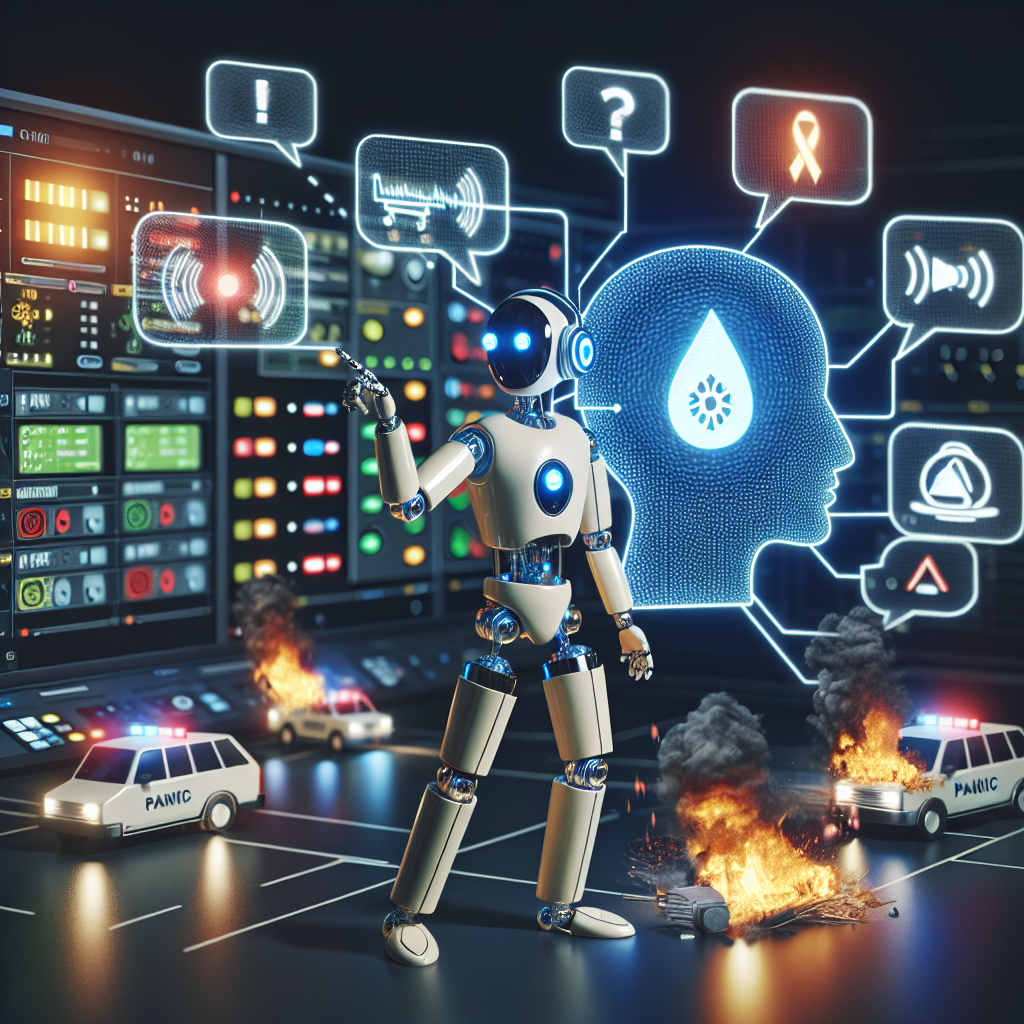Introduction
In times of crisis, effective communication is crucial to ensure the safety and well-being of individuals and communities. With the rise of technology, conversational AI has emerged as a powerful tool for crisis communication and management. Conversational AI refers to artificial intelligence systems that can engage in natural language conversations with humans. These systems can be used to disseminate important information, answer queries, and provide support during a crisis.
The Role of Conversational AI in Crisis Communication
Conversational AI plays a vital role in crisis communication by providing real-time information to the public. During a crisis, it is essential to keep the public informed about the situation, including updates on developments, safety instructions, and evacuation orders. Conversational AI can be used to disseminate this information quickly and efficiently, helping to ensure that individuals are aware of what is happening and how to stay safe.
Conversational AI can also be used to answer queries from the public during a crisis. In times of uncertainty, people often have many questions and concerns. Conversational AI can provide answers to common queries, such as where to find shelter, how to access emergency services, and what to do in case of an emergency. By providing accurate and timely information, conversational AI can help to alleviate anxiety and confusion among the public.
Furthermore, conversational AI can be used to provide emotional support to individuals during a crisis. In times of distress, people may feel overwhelmed and in need of reassurance. Conversational AI can offer empathy and understanding, providing a listening ear and offering words of comfort. This can be particularly valuable for individuals who are isolated or unable to access traditional support services.
In addition to its role in communication, conversational AI can also assist in crisis management. AI systems can analyze data from various sources to provide insights into the impact of a crisis, predict future developments, and recommend appropriate actions. This can help emergency responders and policymakers make informed decisions and allocate resources effectively. By leveraging the power of AI, organizations can better understand and respond to crises in a timely and efficient manner.
FAQs
Q: How can conversational AI be used in crisis communication?
A: Conversational AI can be used to disseminate real-time information, answer queries from the public, and provide emotional support during a crisis.
Q: What are the benefits of using conversational AI in crisis communication?
A: Conversational AI can help to keep the public informed, alleviate anxiety, and provide valuable insights for crisis management.
Q: How can organizations implement conversational AI for crisis communication?
A: Organizations can develop chatbots or virtual assistants that can engage in natural language conversations with users, providing information and support during a crisis.
Q: What are the limitations of conversational AI in crisis communication?
A: Conversational AI systems may struggle to understand complex queries or emotions, and may not always provide accurate or relevant information.
Q: How can organizations ensure the accuracy and reliability of conversational AI in crisis communication?
A: Organizations can train AI systems using relevant data and continuously monitor and update them to ensure that they provide accurate and reliable information.
Conclusion
Conversational AI has the potential to transform crisis communication and management, providing a powerful tool for disseminating information, answering queries, and offering support during times of crisis. By leveraging the capabilities of AI, organizations can improve their response to emergencies, keep the public informed, and ensure the safety and well-being of individuals and communities. As technology continues to advance, conversational AI will play an increasingly important role in crisis communication, helping to build resilience and enhance preparedness for future crises.

